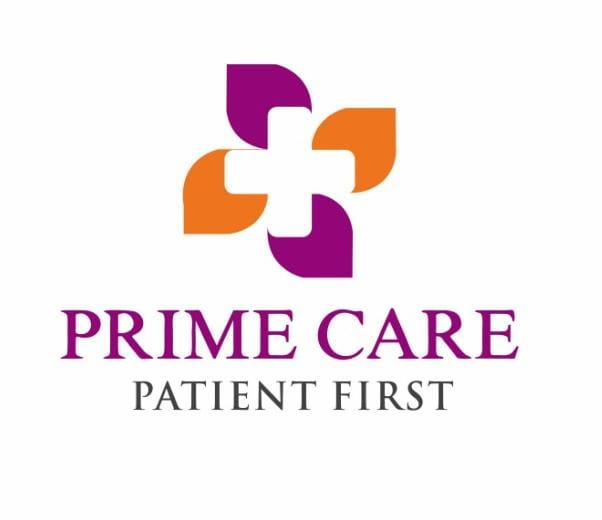Peptic ulcer disease involves open sores that develop in the stomach and duodenum, the first part of the small intestine. These ulcers can significantly impact your gastrointestinal health, leading to discomfort and complications if not addressed. Here’s what you need to know about peptic ulcers.
What Are the Symptoms of Peptic Ulcers?
Peptic ulcers often manifest as pain or discomfort in the upper abdomen, particularly during or after meals. Common symptoms include:
- Bloating
- Uncomfortable fullness
- Hunger pains
- Nausea
- Pain or discomfort while digesting
- Radiating back pain
- Stools that are red, black, or tarry, or contain blood
- Vomiting
What Causes Peptic Ulcers?
Several factors can contribute to the development of peptic ulcers, including:
- Helicobacter pylori (H. pylori): This bacteria is the most common cause of peptic ulcers, residing in the digestive tract.
- Nonsteroidal Anti-Inflammatory Drugs (NSAIDs): Common over-the-counter medications like ibuprofen and naproxen can exacerbate ulcer formation.
- Lifestyle Factors: Tobacco use and excessive alcohol consumption can increase your risk of developing ulcers.
How Are Peptic Ulcers Diagnosed?
Diagnosis of Peptic ulcers typically involve a thorough assessment by a healthcare provider, including a review of your medical history and symptoms. Diagnostic methods may include:
- Blood Tests or Stool Samples to detect H. pylori.
- Endoscopy: A procedure using a camera to visualize the stomach and duodenum.
- Upper GI Series: A barium swallow to highlight abnormalities in the digestive tract during X-ray imaging.
How Are Peptic Ulcers Treated?
Treatment varies based on whether an infection is present.
For H. pylori Infection:
- Your healthcare provider may prescribe a combination of antibiotics and acid-reducing medications.
- Treatment typically lasts up to two weeks.
For Non-Infectious Ulcers:
- Your doctor may recommend medications to decrease stomach acid for up to eight weeks.
Can Peptic Ulcers Be Prevented?
Implementing preventive strategies is vital for minimizing the risk of peptic ulcers. Consider these lifestyle modifications:
- Avoid Smoking and Excessive Alcohol Use.
- Practice Good Hygiene: Regular handwashing and safe food preparation help prevent H. pylori infections.
- Manage Stress: Include relaxation techniques into your daily routine to support mental health.
When Should You Seek Medical Care?
It’s vital to seek medical attention if you experience sudden, sharp abdominal pain, blood in your vomit or stool, or an inability to pass gas or stool. These symptoms may indicate a medical emergency requiring immediate intervention.
Contact Prime Care Hospitals for Comprehensive Treatment
Peptic ulcers can often be effectively managed with appropriate care and lifestyle adjustments. At Prime Care Hospitals, we are dedicated to delivering customized treatment plans designed specifically for your individual needs. If you suspect you may have a peptic ulcer or are experiencing related symptoms, reach out today to schedule a consultation and take charge of your digestive health.


